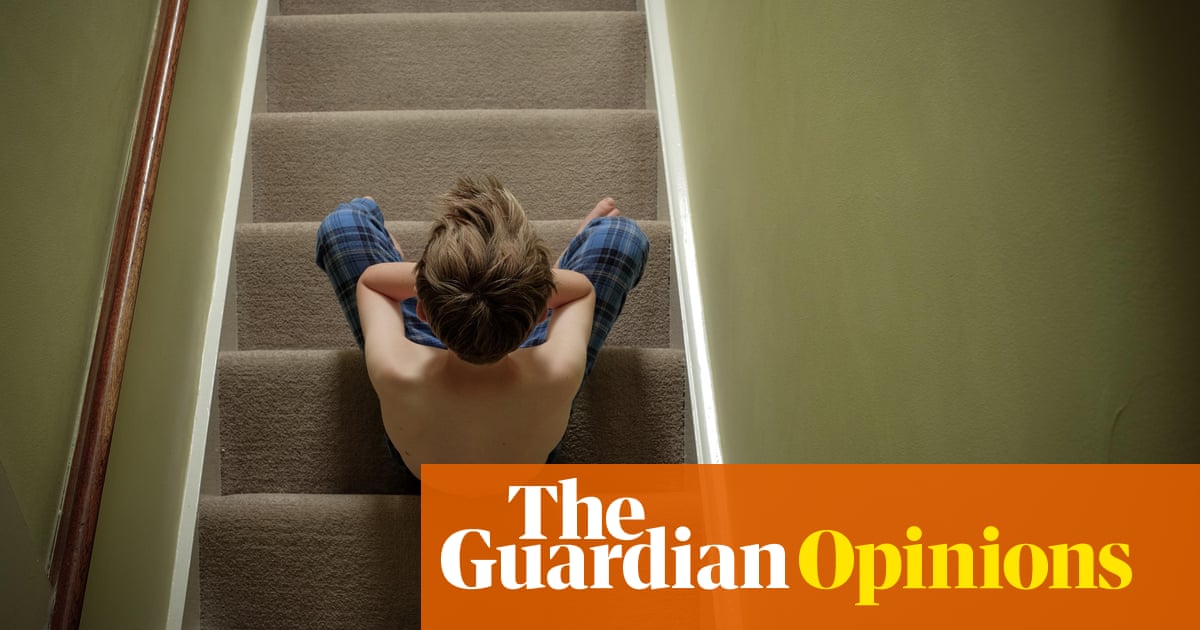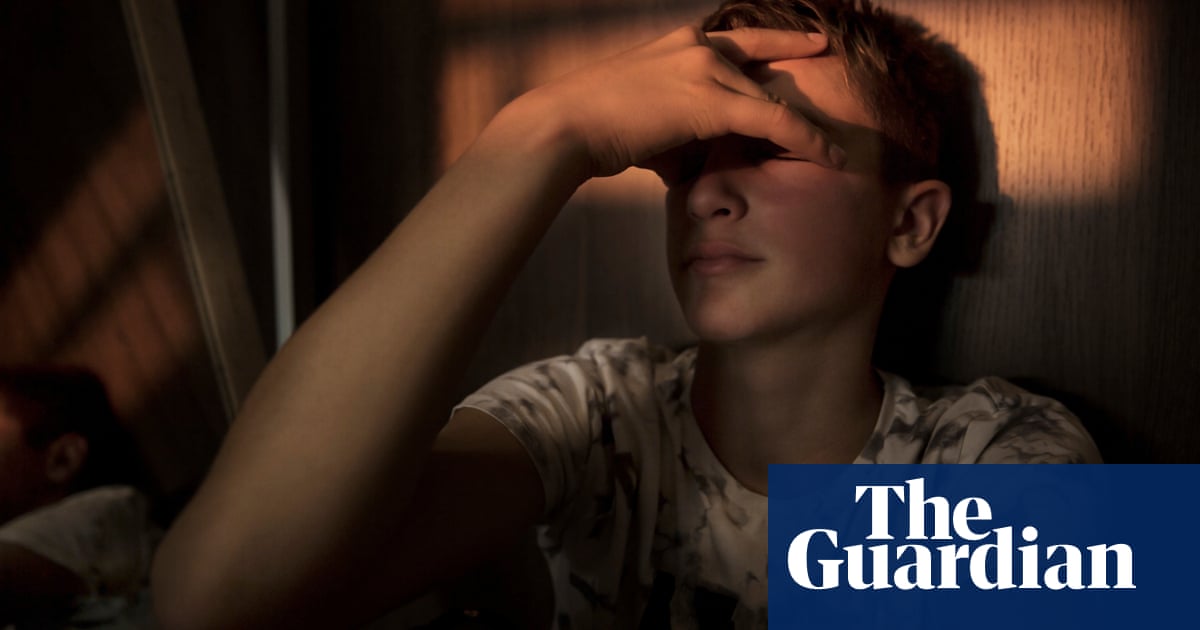
Most of us have been there: out with friends and their kids, you catch yourself thinking “I wouldn’t shout at her that way”, or “that seems indulgent”. The rule in this situation is to bite your tongue: unless you see someone doing something cruel to a child, unsolicited parenting advice is a big no-no in a world where there are as many views on the right way to parent as there are people who’ve been parented.
A macro version of this sentiment seems to be driving the government’s reluctance to unequivocally ban parents hitting their children. Last week, ministers again rejected calls to prohibit physical punishment for children in England. A year ago, Nadhim Zahawi – then education minister – said that the state shouldn’t be “nannying people about how they bring up their children”.
Zahawi is right that we should be cautious about the state mandating particular ways to parent. But banning physical punishment is about giving children equal protection in the law. There is no legal defence to hitting another adult, but in English law parents can rely on a defence of “reasonable punishment” after striking a child.
There is no justification for this beyond the idea that it’s a parent’s right to use physical discipline if they deem it necessary. There is now incontrovertible evidence that smacking children is harmful: a review of 69 longitudinal studies in the Lancet found that physically punishing a child is associated with worsening emotional problems and behaviour, controlling for other parent and child characteristics. Physical punishment is not associated with any positive outcomes and within a family it is a predictor of involvement with child welfare services. This is why Scotland and Wales have joined more than 60 countries in banning it altogether.
Similar objections have been raised in relation to other evidence-based public health measures such as seatbelt laws or smoking bans: that it could criminalise a whole raft of well-meaning parents; or that it is unenforceable. But this ignores the fact that the law sends a strong normative signal and that reform would pave the way for clearer conversations between health visitors and parents in response to the question, “Is it OK to smack my child?”. The NSPCC points to evidence from countries that have already introduced bans that they have not been associated with an increase in criminal prosecutions, but have been successful in reducing the use of physical punishment against children across the whole population.
If a ban on physically punishing children seems clear cut, there are areas where it is much harder to draw the line between a parent’s right to make decisions for their children as they see fit, and what’s in a child’s best interests.
I have always struggled with the fact that it is perfectly within a parent’s right to opt to educate their child at home for any reason they deem fit, so long as they ensure that the child receives a “suitable” education. What “suitable” means is not clearly defined in the law, and there is no way of checking a child is getting one: there is no obligation on parents to register their child as home educated. Local authorities do not have any formal powers or duties to monitor home education yet are still charged with somehow identifying children not receiving a suitable education and intervening.
There are legitimate reasons why a parent might feel it is in their child’s best interests to learn at home rather than at school: health reasons, or if a school is not effectively dealing with bullying, or there’s a lack of appropriate provision for their special educational needs. But there are more eyebrow-raising rationales: the ideological opposition to formal schooling that runs through the “unschooling” movement, for example.
Because there is no national homeschooling register, it is impossible to get a complete picture of its scale, but estimates suggest that numbers have grown, especially since the pandemic, and stand at more than one in 100 children in England. There are clear safeguarding risks, although a national register and regular local authority welfare checks could go some way towards mitigating those. But is it right that parents can deny their children the opportunity to learn in group-based settings with their peers, and to get the skills and qualifications they are likely to need as adults, on the basis that they don’t agree with the idea of classroom-based learning?
The law puts robust limits on the extent to which the state can interfere with parental decision-making. Unless a child is at risk of suffering significant harm, the state cannot intervene in family life unless parents disagree in relation to their child.
As the former supreme court president Baroness Hale said in a 2008 judgment, families have special protections in democratic societies because: “In a totalitarian society, uniformity and conformity are valued. Hence the totalitarian state tries to separate the child from her family and mould her to its own design. Families in all their subversive variety are the breeding ground of diversity and individuality.”
The result of that, as set out in a 2013 supreme court judgment, is that “society must be willing to tolerate very diverse standards of parenting, including the eccentric, the barely adequate and the inconsistent”.
Unless the significant harm test is met, and notwithstanding all the support, services and advice that can be offered to parents who may be struggling, we have to accept that some parents are going to do badly by their children because the alternative – overwieldy intervention by a state that can get things very wrong – is darker still.
Banning home schooling altogether might be a step too far; but it would seem to me that a better balance between parental choice and a child’s right to education would be to put the onus on parents to demonstrate that they can provide a suitable education before withdrawing their child from school. But prohibiting physical punishment against children – given the overwhelming evidence that it is harmful and the fact it is unlawful between adults – is a much more straightforward limitation to put on parental rights and freedoms.
Sonia Sodha is an Observer columnist












